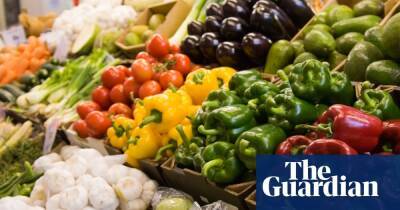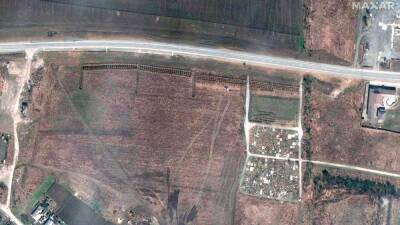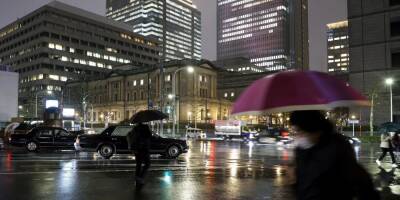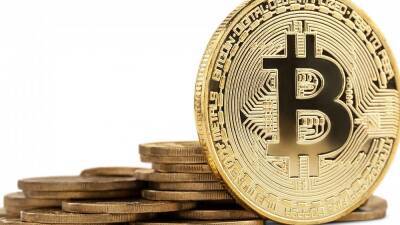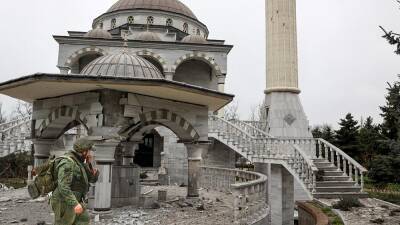Turkey’s war with inflation: ‘Prices change daily and everyone is scared’
From behind the counter in a bakery in Kasımpaşa, a working-class Istanbul neighbourhood, Mustafa Kafadar can see the orange, white and blue banners of Recep Tayyip Erdoğan’s Justice and Development party (AKP) as they blow in the spring breeze.
Kafadar has been wrenched out of retirement by Turkey’s economic crisis – his pension is no longer enough to cover his basic expenses. Now he works shifts in the bakery, where he describes living from payday to payday while he sweeps crumbs off a tray.
“Everything’s very expensive. After I buy my essentials and pay my bills, there’s nothing left,” he says.
Asked who is responsible, he chuckles darkly. “You know who makes inflation high,” he says cryptically, reluctant to voice his opinion of Erdoğan’s economic policies directly. “Not me, not you, not someone on the street – but who?” Kafadar has requested that his name be changed for his safety.
Turkey is weathering an unprecedented financial crisis. After the lira lost half its value last year alone, the country is now struggling with rocketing inflation, officially 61.14%.
Kafadar arranges rows of delicate breakfast pastries – fluffy round açma filled with olives or chocolate, börek and glossy poğaça buns – as customers arrive. He tells me they sometimes fly into a rage with him about prices. Jars of pink and white sugared almonds and an entire counter of elegant layer cakes, decorated with fruit and chocolate, sit untouched, now a little too pricey for most.
“Sugar and wheat prices have gone up. A kilogram bag of flour was 110 lira [£6.15] back in January; now it’s 220 lira,” he says. Pointing at some of the cheapest buns, he adds: “We couldn’t make the prices of the poğaças any higher, as people can’t afford it.”
When Turkey’s
Read more on theguardian.com


 theguardian.com
theguardian.com


